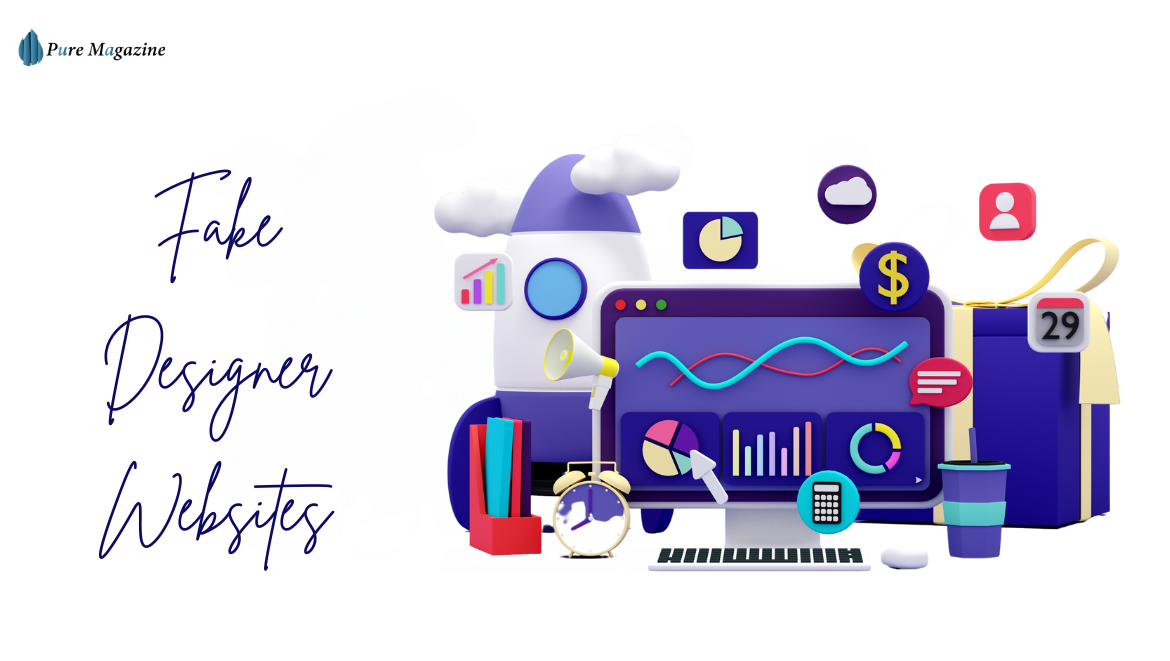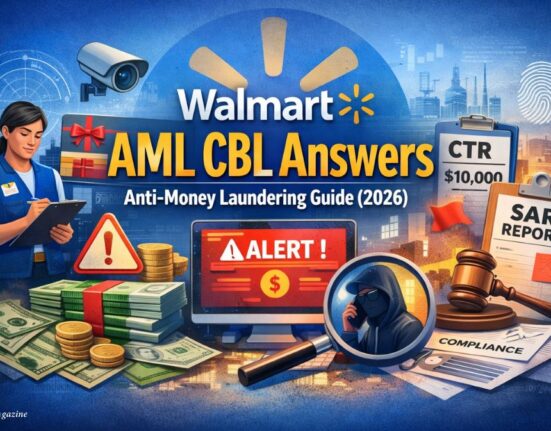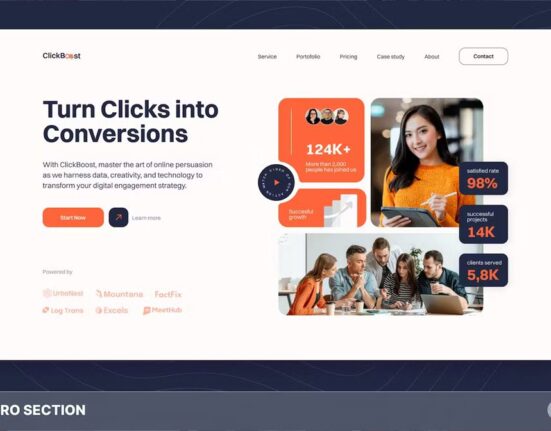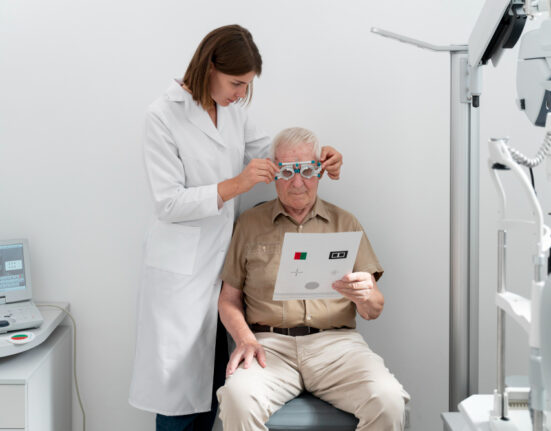Picture this: you’re scrolling through your lunch break feed and suddenly—BAM!—a Louis Vuitton bag flashes up for £299. You do a double-take. “Wait… isn’t that usually £4,500?” Your brain does a happy dance. Could this be your lucky day?
Spoiler: probably not. What you’ve stumbled on is likely one of the countless fake designer websites lurking on the internet, ready to pounce on even the most careful shopper. And trust me, falling for it doesn’t make you naive—it makes you human.
These sites aren’t just about cheap knockoffs. They can swipe your personal info, flood your inbox with scams, and make it near-impossible to tell real from fake. But don’t panic. Once you know the signs, you can enjoy luxury fashion safely—and maybe even save a few hundred pounds without losing your mind.
Why Even Smart Shoppers Get Tricked
Let’s be real: these scams are like digital Houdinis. They know exactly what makes you tick.
The Allure of Luxury
In a world dominated by Instagram, TikTok, and influencer hauls, designer fashion isn’t just about clothes—it’s a status symbol. Owning a Gucci bag screams taste, style, and yes, “I’m doing well.” So when a site promises that same bag for a fraction of the price, it’s tempting. Really tempting.
Fact: According to the UK Intellectual Property Office, 83% of counterfeit goods sold online are in the fashion sector, with handbags, shoes, and watches leading the list. That’s a lot of “too-good-to-be-true” deals floating around.
Tricks Scammers Use
These sites aren’t slapdash. They’re psychological ninjas, using:
- Urgency: “Only 3 left!” or “Sale ends in 2 hours!”—classic FOMO.
- Fake reviews: Testimonials that glow brighter than a Christmas tree but are completely made up.
- High-quality images: Stolen from legit brands to make your brain go, “Yep, looks real.”
Even the savviest shopper can get caught. Optimism bias—thinking “it won’t happen to me”—makes all of us a little vulnerable. In fact, a 2022 Which? A survey found that 1 in 5 UK adults admitted to buying from suspicious online stores without realizing they were fake.
Anatomy of a Fake Designer Websites
So, how can you spot these digital traps before they hit your bank account?
The Homepage Mirage
A fancy homepage can fool even the most cautious. Sleek typography, glossy photos, and “secure” badges give the illusion of trust. But remember: faking a website is cheap. Running a legitimate luxury brand? That’s expensive.
Sneaky Product Pages
The pictures look perfect. The price feels like a steal. But the reality?
- Wrong materials
- Sloppy logos
- Missing brand-specific details
Check out Red Flags
If the site only accepts wire transfers, crypto, or weird payment processors—run. Returns are vague, customer service is ghost-like, and refunds are basically a myth.
Top 10 Fake Designer Websites in the UK
Here are some sites that have repeatedly popped up in complaints and fraud reports. Avoid these like your life depends on it:
- gucci-clearanceoutlet[.]co.uk – 80% off “authentic” Gucci. Expect knockoffs… or nothing.
- ukluxuryoutletsale[.]shop – No verifiable UK business.
- designerhandbags-uk[.]com – Only sketchy payment methods.
- brandsoutletuk[.]store – Copies Net-a-Porter images, fake security seals.
- authenticluxuryuk[.]sale – Misleading “authentic” claims.
- cheapbalenciagauk[.]com – Counterfeit sneakers, no refunds.
- uk-fashionbagsoutlet[.]co – Fake reviews, nonexistent customer support.
- theluxurylabeloutlet[.]shop – Uses Chanel, Fendi, and Burberry logos fraudulently.
- bestukdesignerbrands[.]online – No HTTPS, recycled scam content.
- discountdesignerdealsuk[.]com – Promises next-day UK shipping; delivers overseas knockoffs.
Fact: In 2022, UK authorities reported £1 billion lost to counterfeit fashion online. That’s billion with a “B.”
The Hidden Dangers
Buying fake designer goods isn’t just about losing a few hundred pounds—it can hit you in ways you might not expect:
- Identity theft: Scammers don’t just take your money—they can grab your personal and financial info and sell it on the dark web. That “amazing deal” could easily turn into a long-term headache if your accounts get compromised.
- Health risks: Those cheap knockoff bags, shoes, or cosmetics sometimes come with hidden dangers. Harmful chemicals can irritate your skin, trigger allergies, or even cause more serious health problems. Not exactly the kind of designer experience you were hoping for.
- Legal trouble: Buying counterfeit items isn’t just frowned upon—it fuels criminal networks. Customs authorities can seize the goods, and you could even face fines. In 2021, Europol reported that over 2,000 criminal cases in the EU were tied to counterfeit fashion, many involving organised crime. So that “bargain” bag might be funding something much bigger than you ever imagined.
- Emotional toll: Beyond money and safety, being scammed is embarrassing and frustrating. It can leave you wary of shopping online at all, and that disappointment is just as real as any financial loss.
How to Shop Safely
Good news: luxury shopping doesn’t have to feel like walking through a minefield.
Stick to Authorized Retailers
Stores like Harrods, Selfridges, and Net-a-Porter have predictable sale periods—January and July. Yes, patience pays.
Tip: Authentic retailers can offer up to 50% off during end-of-season sales, legally and safely.
Pre-Owned Luxury
Platforms like Vestiaire Collective, The RealReal, and Rebag authenticate pre-owned items. You can get almost-new designer pieces for 40–70% off.
Designer Outlets
Old-season stock sold at discounted prices, both in-store and online. No surprises, just legit deals.
Rental and Subscription Services
Why buy when you can rent? Rent the Runway, Bag Borrow or Steal, and By Rotation let you enjoy luxury items for a fraction of the cost.
Fact: The luxury rental market is projected to grow from USD 102.17 billion in 2024 to USD 186.29 billion by 2033 at an 8% CAGR. Source: Verified Market Reports.
Quick Website Checklist
Before buying from any unfamiliar site:
- Check the domain: stick to .com or .co.uk. Be wary of .shop, .store, or unusual extensions.
- Verify the business: Companies House can help you confirm registration.
- Research reviews: Forums, social media, and Google can save you from a nasty surprise.
- Check security: HTTPS and known payment processors only.
- Test customer service: Ask about returns or shipping. Real brands respond promptly.
If You’ve Been Scammed
- Contact your bank or credit card company immediately. Ask for a chargeback if possible.
- Report to Action Fraud (UK) or local consumer protection agencies.
- Change passwords for all linked accounts. Monitor credit reports.
- Warn friends and leave reviews. Sharing your story helps prevent others from falling into the same trap.
Looking Ahead
Brands are fighting back with tech:
- Blockchain authentication: Proof that your item is the real deal.
- AI detection: Helps brands spot counterfeit sites faster.
- Advanced tags: NFC chips or microscopic markers on products.
- Brand-led resale programs: Pre-owned items that are certified authentic.
Statistic: Some brands report 30% fewer counterfeit complaints after introducing blockchain or NFC tracking.
Shop Smart, Stay Stylish
Buying designer items should lift your mood, not stress you out. Watch out for the tricks scammers play, double-check where you’re buying from, and stick to trusted sources. If a £4,500 bag suddenly shows up for £299, take a beat—look closely at the site and make sure it’s legit. When navigating fake designer websites, your bank account and your sanity will thank you. Luxury shopping should be fun, not a headache, and honestly… nobody really needs a fake Birkin to feel fancy, right?
Visit: Pure Magazine








